Revisiting Imam Khomeini’s 1989 letter as world bids adieu to Gorbachev
By Heba Morad
Mikhail Gorbachev, the last leader of the Soviet Union, died on Tuesday aged 91. Known for ending the Cold War without bloodshed, he was one the most influential political figures of the last century.
To many political pundits, analysts, spiritual men, and religious scholars, Gorbachev’s name brings to mind a historic letter the founder of the Islamic Revolution Imam Khomeini wrote to him in January 1989.
Gorbachev, who remained in power between 1985 and 1991, spearheaded brave reforms across the Soviet Union that eventually spun out of control and led to the collapse of the ruling system at the time.
While still in office, Gorbachev also negotiated a historic nuclear arms pact with then-US president Ronald Reagan, which to a great extent managed to defuse US-Soviet nuclear tensions.
Gorbachev’s tenure was characterized by glasnost and perestroika. Perestroika means restructuring while glasnost means transparency and openness, and both were fundamental elements in his vision of revolutionary reforms for revitalizing his country that adopted Marxism as its school of thought.
In a speech he delivered on March 25th, 1991, the former Soviet leader acknowledged the wrong policies of the former communist authorities in one sentence: “In the past, we were negligent of one thing—the intrinsic tendency of people toward religion.”
Going back to the letter Imam Khomeini wrote to Gorbachev, which created ripples across the world, it was an unprecedented move. The letter was an open invitation to Gorbachev to break the manacles of man-made ideologies and the so-called liberal school of thought of the West.
It was the Iranian leader’s only written message addressed to a foreign leader. Quite remarkably, Imam Khomeini predicted the fall of Communism, which formed the base of the Soviet Union at the time.
“It is clear to everyone that Communism should henceforth be sought in world museums of political history,” Imam wrote in the letter, foreseeing what was to unfold less than three years later when the hammer and sickle flag lowered for the last time over the Kremlin.
In the letter delivered to the Soviet Leader by an Iranian delegation led by Ayatollah Javadi Amoli, Imam tried to warn Gorbachev against following the destructive path of Western liberal capitalism.
Gorbachev thanked the visiting delegation politely and said he was honored to have received a personal letter from the leader of the Islamic Revolution.
Imam Khomeini elaborated on the virtues of Islam and urged Gorbachev to seriously study the religion.
“Let me call you to study Islam earnestly, not because Islam and Muslims may need you, but because Islam has exalted universal values which can bring comfort and salvation to all nations and remove the basic problems of mankind,” Imam wrote, drawing his attention towards lofty Islamic virtues.
The founder of the Islamic Revolution asked the Soviet leader to grant religious freedom to Muslims in the Soviet Union, saying it will indicate that you no longer consider religion as the opium of the people.
“Indeed, how can Islam be the opium of the people, the religion that has made Iranians as firm as a mountain against superpowers,” the letter wrote, advising Gorbachev to open his eyes to the fact that the western world was an “illusory heaven” that appeared attractive.
In the open letter, Imam told Gorbachev that the path of liberal capitalism will not only be a bad alternative to communism but also lead to serious destruction of independent states, exploitation of natural resources by foreigners, the dramatic impoverishment of the majority and tremendous enrichment of the minority, cultural and ethical degradation and total loss of one’s sovereignty.
“If you hope, at this juncture, to cut the economic Gordian knots of socialism and communism by appealing to the center of Western capitalism, you will, far from remedying any ill of your society, commit a mistake which those to come will have to erase,” Imam explained.
“For if Marxism has come to a deadlock in its social and economic policies, capitalism has also bogged down, in this as well as in other respects though in a different form,” he hastened to add.
Imam further stressed that Marxism cannot meet any of the real needs of mankind because it is a “materialistic ideology” and materialism cannot bring humanity out of the crisis caused by a lack of belief in spirituality.
Such lack of spirituality, in the view of the greatest revolutionary leader, was the prime affliction of human society in the East and the West alike.
“The main problem confronting your country is not one of private ownership, freedom, and economy; your problem is the absence of true faith in God,” Imam wrote in the letter.
The letter concluded with a thought-provoking question for Gorbachev: “Is the religion that seeks the administration of justice in the world and man’s freedom from material and spiritual shackles, the opium of the people?”
Imam’s concern was not only Islamic countries, and this is the core idea of his thought that everyone should enjoy justice and fulfillment of needs and rights across the world, irrespective of religion.
“Only that religion is the opium of the people that causes the material and spiritual resources of Islamic and non-Islamic countries to pass into the clutches of super and lesser powers and that preaches that religion is separate from politics,” Imam Khomeini wrote, pointing to the Western leanings.
Gorbachev believed in the power of ideas and individuals and was truly revolutionary. He could have brought about a real paradigm shift not only in his region but worldwide.
But there was a missing element, which is an appropriate worldview through which he could meet the real needs of mankind and allow the realization of humane universal values.
This missing element was the worldview that Imam brought to light through the historic letter.
Change and revolutions are associated with an intellectual feed, a body of ideas and visions. Imam underscored that people must choose the correct intellectual feed to succeed in bringing about real change.
Imam Khomeini left an illustrious legacy for all the Gorbachevs out there, and for all the other free people and leaders of the world.
It is a forever “breathing” letter addressed to all well-meaning and freedom-loving people around the world. It continues to be relevant.
Heba Morad is a Tehran-based academic and political analyst, currently pursing a PhD in linguistics at the University of Tehran.
(The views expressed in this article are author's own and do not necessarily reflect those of Press TV.)
Hamas thanks Iran, Resistance Front following achievement of ceasefire in Gaza
'Capitulation': Israeli officials and media concede Gaza defeat as truce unfolds
'Gaza has won': Social media users react to ceasefire with mix of relief, joy
Iran seeks South Korea’s assistance for AI, fiber-optic projects
VIDEO | Iran's 'Eqtedar' (Power) maneuver
Israel hits HTS military target in Syria for 1st time since fall of Assad
VIDEO | Press TV's news headlines
Israel has slaughtered 13,000 students in Gaza, West Bank


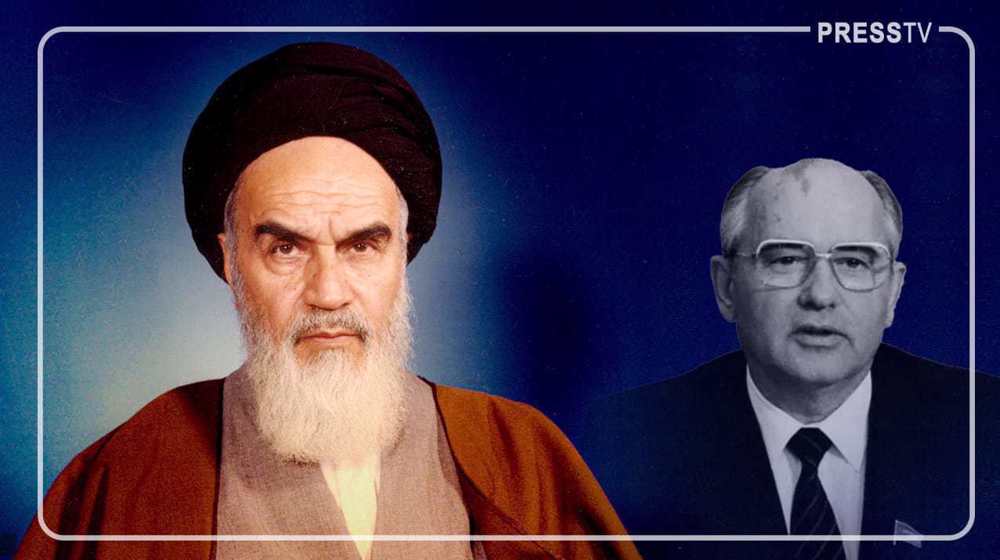
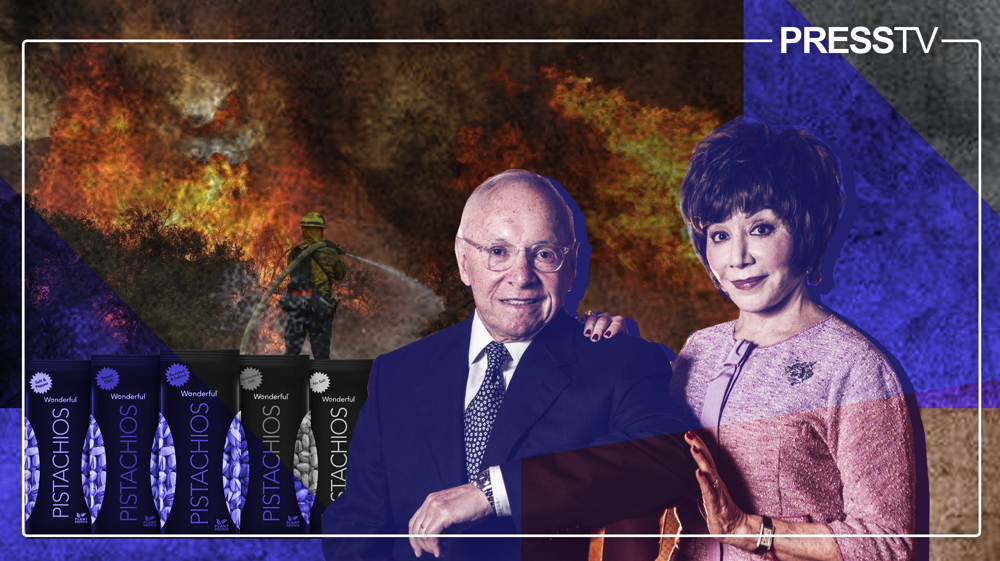





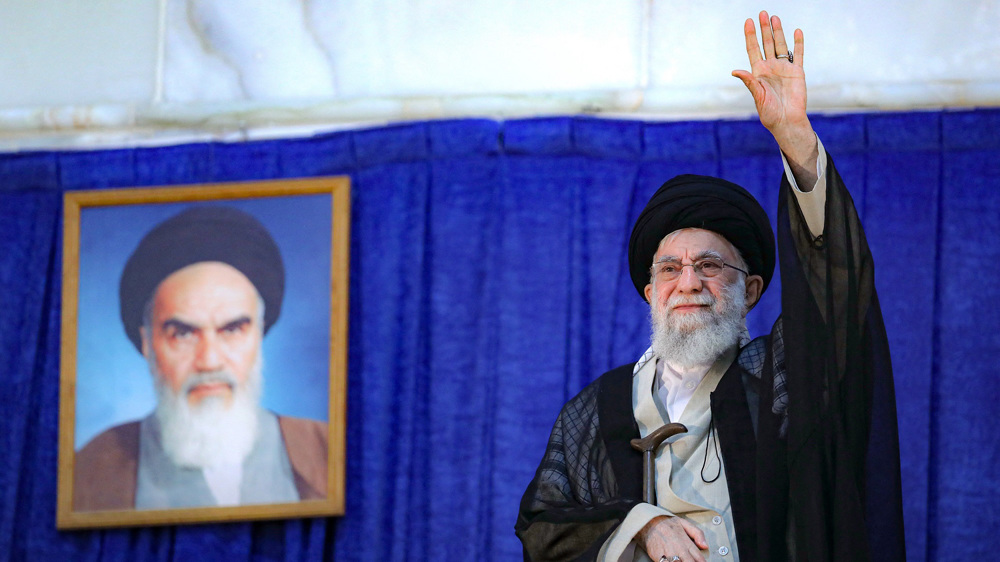
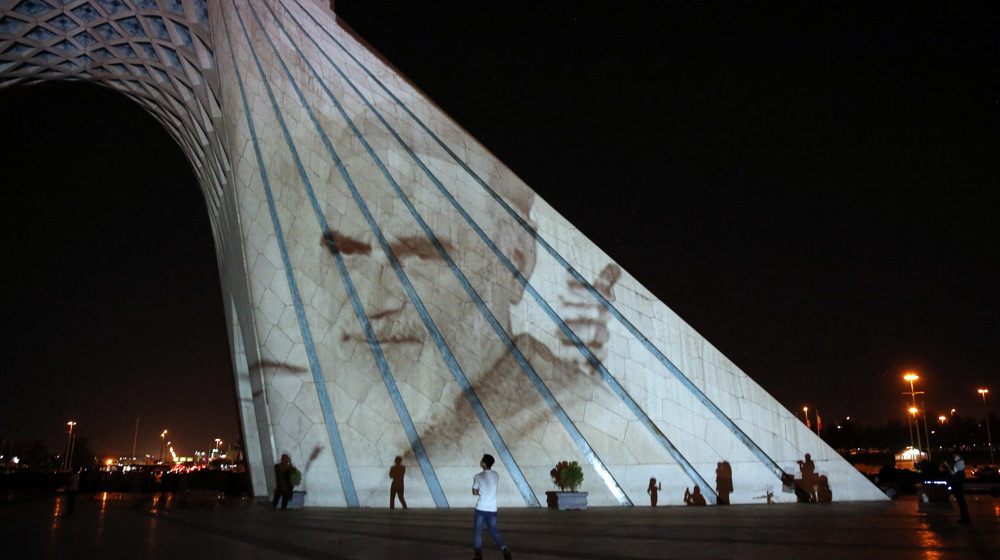
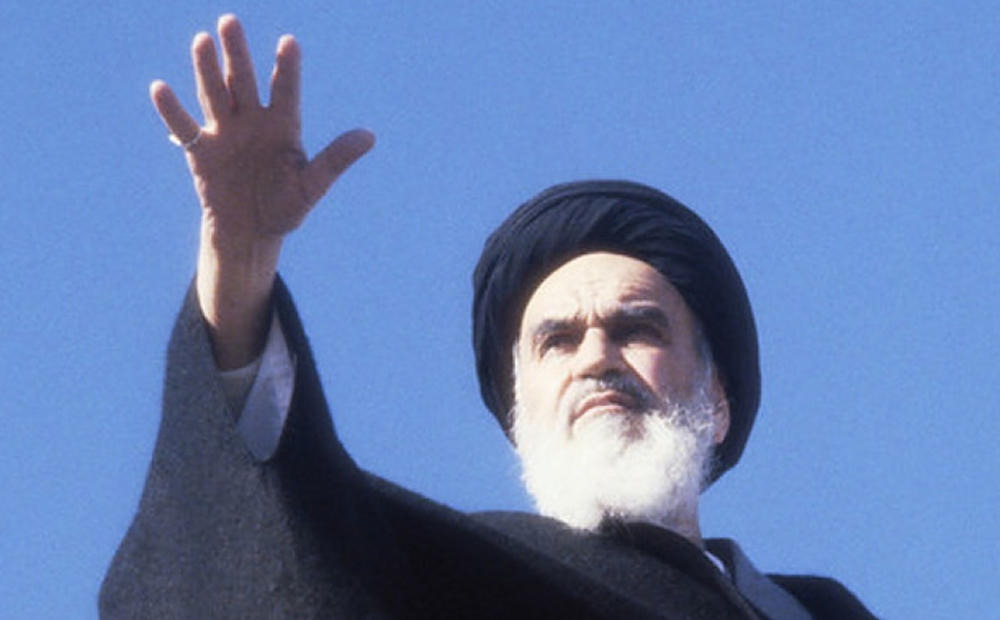
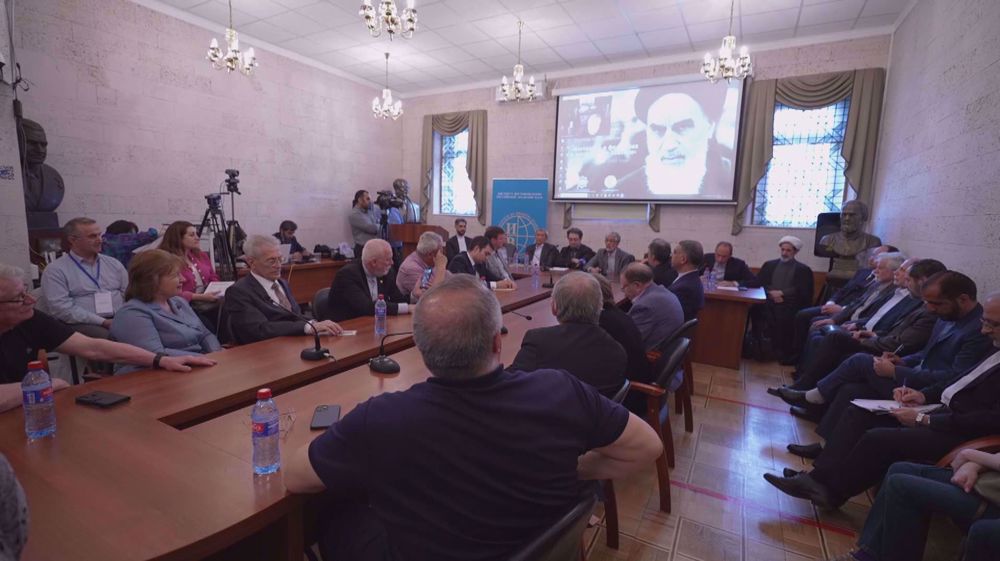
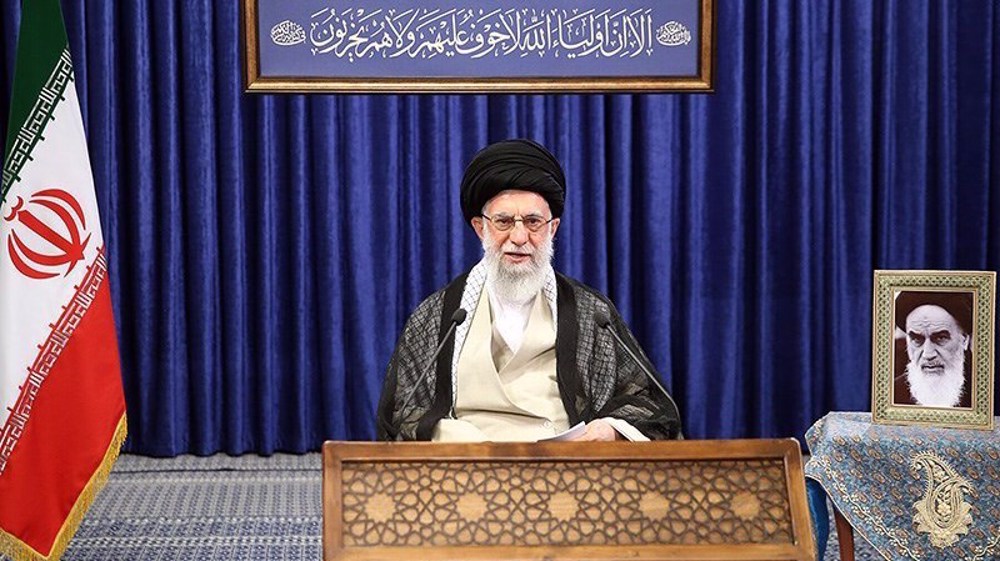

 This makes it easy to access the Press TV website
This makes it easy to access the Press TV website